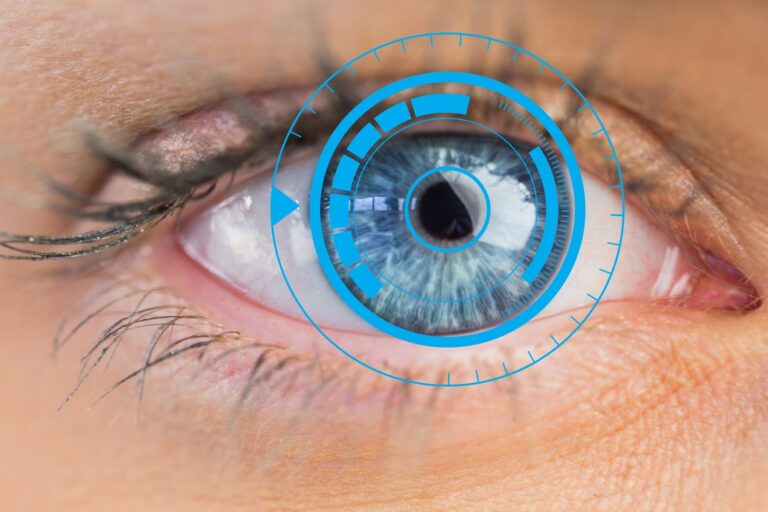Cataracts are a common eye condition, particularly among seniors, that can significantly impair vision over time. For patients requiring surgical intervention, minimally invasive cataract surgery has emerged as a cutting-edge solution offering remarkable benefits. This advanced surgical technique provides not only improved outcomes but also faster, more comfortable recovery.
What is Minimally Invasive Cataract Surgery?
Minimally invasive cataract surgery is a modern approach to removing cataracts, which are cloudy areas in the lens of the eye that diminish vision. Unlike traditional methods, this procedure employs advanced technology to make smaller, more precise incisions. Using tools such as microscopes and ultrasound technology, surgeons carefully replace the affected lens with a clear, artificial one known as an intraocular lens. This streamlined technique results in enhanced accuracy and improved patient outcomes.
Key Benefits of Minimally Invasive Cataract Surgery
Minimally invasive cataract surgery offers significant benefits for seniors, eye care patients, and health enthusiasts alike. This advanced procedure stands out due to its precision, reduced recovery time, and minimal discomfort. With smaller incisions and quicker healing, it ensures a safer, more efficient experience for those seeking vision restoration.. Here’s what sets minimally invasive cataract surgery apart:
1. Faster Recovery Times
One of the most appreciated advantages of minimally invasive cataract surgery is the speed at which patients can recover. The smaller incisions and precise techniques minimize trauma to the eye, allowing most individuals to return to their normal routines within days rather than weeks. This translates to less disruption in daily life and a quicker return to clear vision.
2. Reduced Risk of Complications
Traditional surgical methods often involve a higher risk of infections or complications due to larger incisions. Minimally invasive surgery, on the other hand, significantly reduces these risks. The controlled nature of the procedure ensures a safer experience, providing peace of mind for patients and their families.
3. Smaller Incisions, Less Discomfort
The use of smaller incisions not only quickens recovery but also minimizes discomfort during and after surgery. Patients report experiencing less postoperative irritation and inflammation. This technique often results in better cosmetic outcomes, as the incisions are nearly invisible.
4. High Success Rates
Minimally invasive cataract surgery has an excellent track record in restoring vision. With precise tools and techniques, surgeons achieve consistently high success rates, delivering clear and improved vision to countless patients. For most, this procedure not only eliminates the cataract but also significantly enhances overall quality of life.
5. Improved Long-Term Eye Health
Post-surgical results can extend beyond just restoring vision. Patients often experience improved long-term eye health, as the procedure can reduce the risk of further complications or secondary cataracts. The artificial lenses used in modern cataract surgery are designed for durability and long-term effectiveness.
6. Convenience with Day Surgery Options
Another major benefit is that minimally invasive cataract surgery is often performed as an outpatient procedure. Patients can have the surgery and return home on the same day, eliminating the need for extended stays at medical facilities. This convenience is particularly valuable for seniors and those who wish to recover in the comfort of their own homes.
Who Can Benefit from Minimally Invasive Cataract Surgery?
This advanced surgical technique is suitable for most individuals experiencing cataracts, especially seniors seeking to regain their independence through restored vision. It’s an excellent option for patients looking to minimize the risks and discomfort of traditional surgeries while achieving optimal results. If you or a loved one are noticing signs of cataracts such as blurry vision, reduced night vision, or increased sensitivity to light, it’s worth discussing minimally invasive options with your doctor.
Experience Clearer Vision
Minimally invasive cataract surgery represents a major leap forward in eye care, combining advanced technology with patient-centered benefits. From faster recovery to exceptional visual results, it is revolutionizing the way cataracts are treated. If you’re considering cataract surgery or want to learn more about whether this approach is right for you, consult a qualified ophthalmologist.

